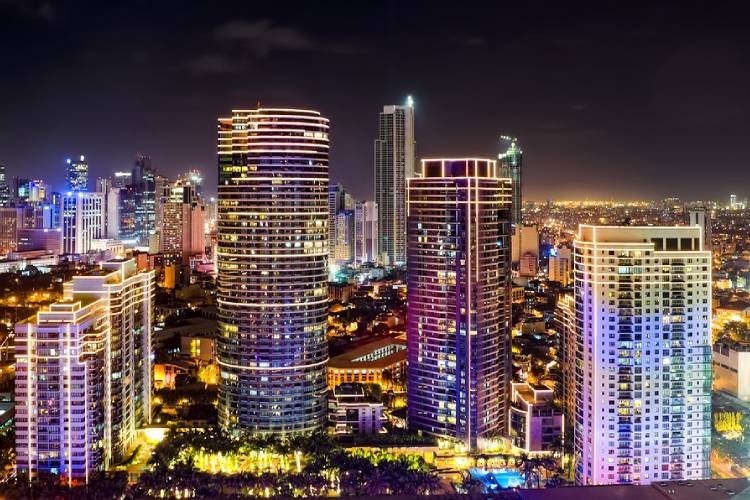Whether it is to find greener pastures or provide for their families, many Filipinos have been compelled to pursue employment opportunities abroad. In fact, the number of Overseas Filipino Workers or OFWs has increased throughout the years. In 2021 alone, the Philippine Statistics Authority reported that there are over 1.83 million OFWs.
Under Republic Act 8042, as amended, or the Migrant Workers and Overseas Filipinos Act of 1995, an OFW is any person engaged, is engaged, or has been engaged in a remunerated activity in a state of which he or she is not a citizen or on board a vessel navigating the foreign seas other than a government ship used for military or non-commercial purposes or in an installation located off-shore or on the high seas.
It is important to note that the constitutional protection granted to labor under Article II, Section 18 of the 1987 Constitution likewise extends to OFWs regardless if they are working outside the Philippine jurisdiction. Here are the salient rights of an OFW pre-employment, during employment, and post-employment.
I. Pre-employment:
The Philippine Overseas Employment Agency requires that every employment contract of OFWs must contain the following minimum provisions:
- Complete name and address of the employer/company;
- Position and job site of the Overseas Filipino Worker;
- Basic monthly salary, including benefits and allowances and mode of payment. The salary shall not be lower than the prescribed minimum wage in the host country or the prevailing minimum wage in the National Capital Region of the Philippines, whichever is higher;
- Food and accommodation or the monetary equivalent which shall be commensurate to the cost of living in the host country, or off-setting benefits;
- Commencement and duration of the contract;
- Free transportation from and back to the point of hire, or off-setting benefits, and free inland transportation at the job site or off-setting benefits;
- Regular work hours and days off;
- Overtime pay for services rendered beyond the regular working hours, rest days, and holidays;
- Vacation leave and sick leave for every year of service;
- Free emergency medical and dental treatment;
- Just/valid/authorized causes for termination of the contract or of the services of the workers, taking into consideration the customs, traditions, norms, mores, practices, company policies, and the labor laws and social legislations of the host country;
- Settlement of disputes;
- Repatriation of worker in case of imminent danger due to war, calamity, and other analogous circumstances, at the expense of employer; and
- In case of worker’s death/repatriation of OFW’s human remains and personal belongings, at the expense of the employer.
The licensed recruitment agency shall, prior to the signing of the employment contract, inform the OFW of their rights and obligations, and disclose the full terms and conditions of employment. It shall likewise ensure that the OFW is provided a copy of the POEA-approved contract to give the OFW ample opportunity to examine the same.
Any changes to provisions of the signed employment contract, whether done in the Philippines or abroad, must be approved by the POEA. Otherwise, the alteration, substitution, or change shall be considered null and void.
(To be continued)







